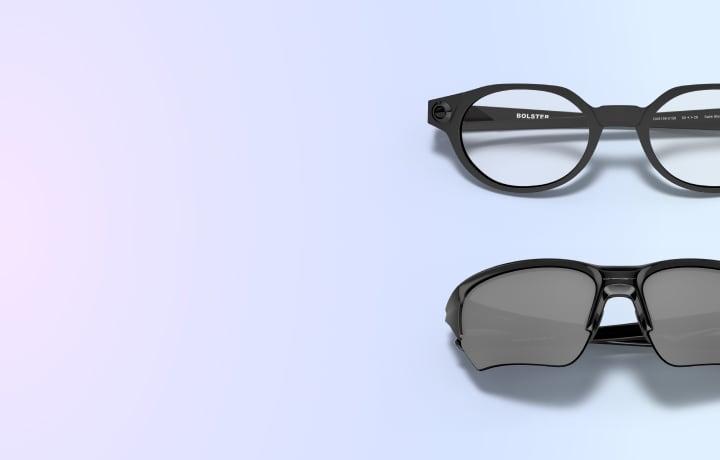
Your eyes are intricate organs that require vitamins and nutrients to operate optimally. Following a healthy diet or taking supplements may prevent or delay degenerative eye conditions or disease.
Although many factors can contribute to the development of various illnesses, nutrition is at the heart of all of them, at least in part. One of the best ways to improve eyesight is through proper nutrition. Besides improving visual acuity, a balanced diet of vitamin-rich fruits and veggies is a great way to get whiter eyes.
Vitamin for eyes
The following are some of the best eye vitamins for blurry vision and essential vitamins and nutrients to support eye health.
Vitamin A
Vitamin A plays a critical function in eye health, preserving the clarity of your corneas while aiding in the production of proteins necessary for low-light vision. Although uncommon in most countries, untreated Vitamin A deficiency can result in xerophthalmia, a dangerous illness that affects the eyes.
Vitamin A may also offer a defense against various eye diseases. According to research, vitamin A-rich diets may lower the risk of cataracts and age-related macular degeneration putting it at the top of the list for eye health and protecting your sight.
Foods high in vitamin A are preferred over supplements for overall eye health. Along with bell peppers, pumpkins, and leafy greens, sweet potatoes are a great source. But what about carrots? Are carrots good for your eyes? Yes, carrots are also very rich in vitamin A.
Vitamin E
The imbalance between antioxidants and free radicals in your body, known as oxidative stress, is thought to contribute to several eye diseases. A potent antioxidant, vitamin E helps shield your body's cells, particularly the cells in your eyes, from the damaging effects of free radicals.
Additionally, some research implies that diets rich in vitamin E may help prevent cataracts brought on by aging. To maintain good eye health, doctors recommend plenty of vitamin E in your diet. Among the foods high in vitamin E are nuts, seeds, and cooking oils. Other excellent sources include salmon, avocados, and leafy green vegetables.
Vitamin C
Collagen, a protein that gives your eyes structure, is created by vitamin C. According to research, this vitamin may shield against cataracts and slow the evolution of age-related macular degeneration. Vitamin C is necessary to produce collagen, a protein that gives your eye its structure, notably in the cornea and sclera.
Vitamin C is also a potent antioxidant that, like vitamin E, protects your eyes from harmful free radicals.
Omega-3 Fatty Acids
Polyunsaturated fatty acids are a subclass of omega-3 fatty acids. DHA is a specific omega-3 found in high concentrations in the cell membranes of your retina.
Omega-3 fatty acids have anti-inflammatory qualities that may help prevent diabetic retinopathy while aiding in the development of eye cells.
Diets rich in fish oil, such as the traditional Mediterranean diet, may offer protection against diabetic retinopathy and helps relieve dry eyes. Other foods rich in Omega-3 fatty acids include flaxseed oil, olive oil, and canola oil.
Proven supplements for your eye health
Several over-the-counter eye supplements contain the vitamins and nutrients needed to promote eye health. Check the ingredients on the supplement bottle to see if they include all the vitamins listed above.
Multivitamins
The multivitamins you already take to promote your overall health most likely contain many vitamins and minerals that benefit your eyes. Look for eye vitamins with lutein to give your eyes the extra nutrients they need.













